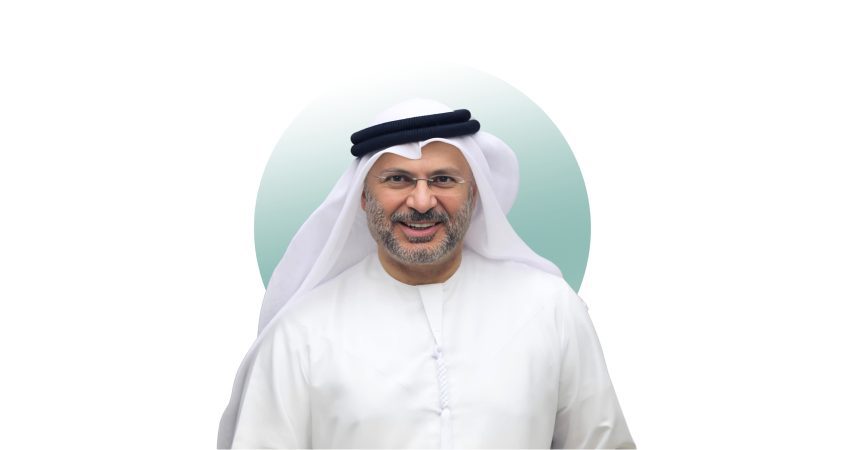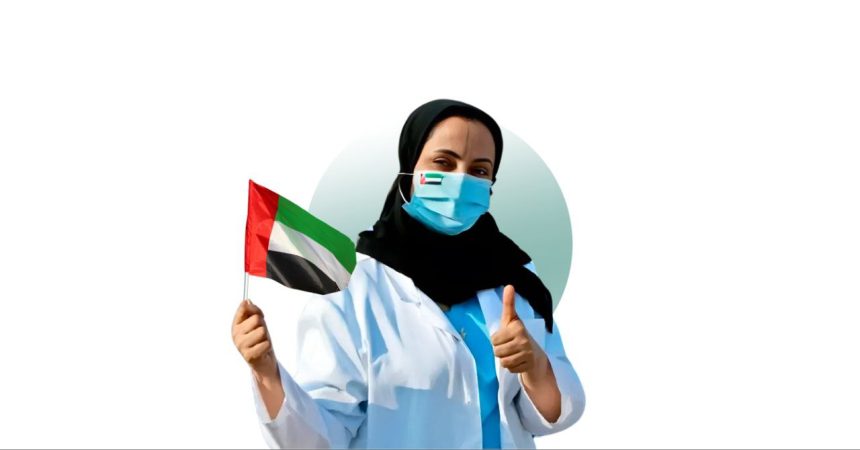The UAE has rapidly emerged as a leader in digital transformation across multiple sectors, with healthcare standing out as a prime example.
In recent years, the UAE has embraced digital health technologies to improve patient outcomes and streamline operations.
And also to create a smarter, more connected healthcare system.
The UAE Vision in Digital Healthcare
The UAE digital health strategy aligns with the country’s UAE Vision 2031.
It aims to build a world-class healthcare system by leveraging technology.
Government bodies like the Ministry of Health and Prevention (MoHAP) and Dubai Health Authority (DHA) are actively investing in digital infrastructure, AI, and smart healthcare solutions to make services more efficient, accessible, and patient-centric.
Key Innovations Driving Digital Healthcare in the UAE
1. Telemedicine and Virtual Care
Telehealth services have expanded significantly in the UAE, especially since the COVID-19 pandemic.
Hospitals and clinics now offer online consultations, remote monitoring, and digital prescriptions.
This not only increases access to healthcare, particularly in remote areas.
But also reduces the burden on physical healthcare facilities.
2. Artificial Intelligence (AI)
AI is transforming diagnostics, treatment planning, and hospital operations.
UAE hospitals are using AI-powered tools for early disease detection, predictive analytics, and patient triage.
For instance, AI algorithms are being deployed to analyze radiology scans, detect cancer signs, and monitor patient vitals in real time.

3. Electronic Medical Records (EMR) and Blockchain
The UAE is working toward integrating EMR systems across all healthcare providers to ensure seamless data sharing and continuity of care.
Blockchain is also being explored to enhance data security, patient privacy, and interoperability between healthcare institutions.
4. Wearable Devices and IoT
Smartwatches, fitness trackers, and wearable health monitors are increasingly used to track vital signs, sleep patterns, and activity levels.
These Internet of Things (IoT) devices provide real-time health data that doctors can use for better decision-making and proactive treatment.
5. Robotics and Automation
From robotic surgeries to automated pharmacy dispensing systems, robotics is becoming more prevalent in the UAE’s hospitals.
These technologies enhance precision, reduce human error, and improve patient recovery times.
Government Initiatives to Support Digital Health
Riayati Platform:
It is a nationwide health information exchange developed by MoHAP to unify patient records across the UAE.
Smart Hospital Projects:
Facilities like Fakeeh University Hospital and Cleveland Clinic Abu Dhabi are leading examples of smart hospitals utilizing AI, robotics, and cloud computing.
Dubai Health Strategy 2026:
A roadmap that promotes innovation, medical tourism, and digital health infrastructure.

Future Trends in UAE Healthcare:
▸ Personalized and Preventive Medicine
With advancements in genomics and AI, the UAE is moving toward more personalized healthcare solutions that focus on prevention rather than just treatment.
▸ Expansion of AI-Powered Diagnostics
As algorithms become more sophisticated, AI will be more involved in real-time diagnostics, patient monitoring, and decision support systems.
▸ Integration of 5G Technology
Faster and more reliable 5G networks will improve telemedicine experiences, support real-time surgical operations, and enhance remote patient monitoring.
▸ Digital Twins in Healthcare
Digital twins—virtual models of patients or hospital systems—will enable better simulation, planning, and treatment personalization in the future.
Challenges to Overcome For A Flexible Digital Transformation in Healthcare
Despite rapid progress, there are challenges that must be addressed as they are crucial for sustainable growth, such as:
- Data privacy concerns
- Need for skilled digital health professionals
- The digital divide among patient populations
The UAE is setting a global example in how digital transformation can revolutionize healthcare.
Through strategic investments, forward-thinking policies, and cutting-edge innovations, the country is not only enhancing patient experiences but also building a resilient and tech-powered healthcare ecosystem for the future.





